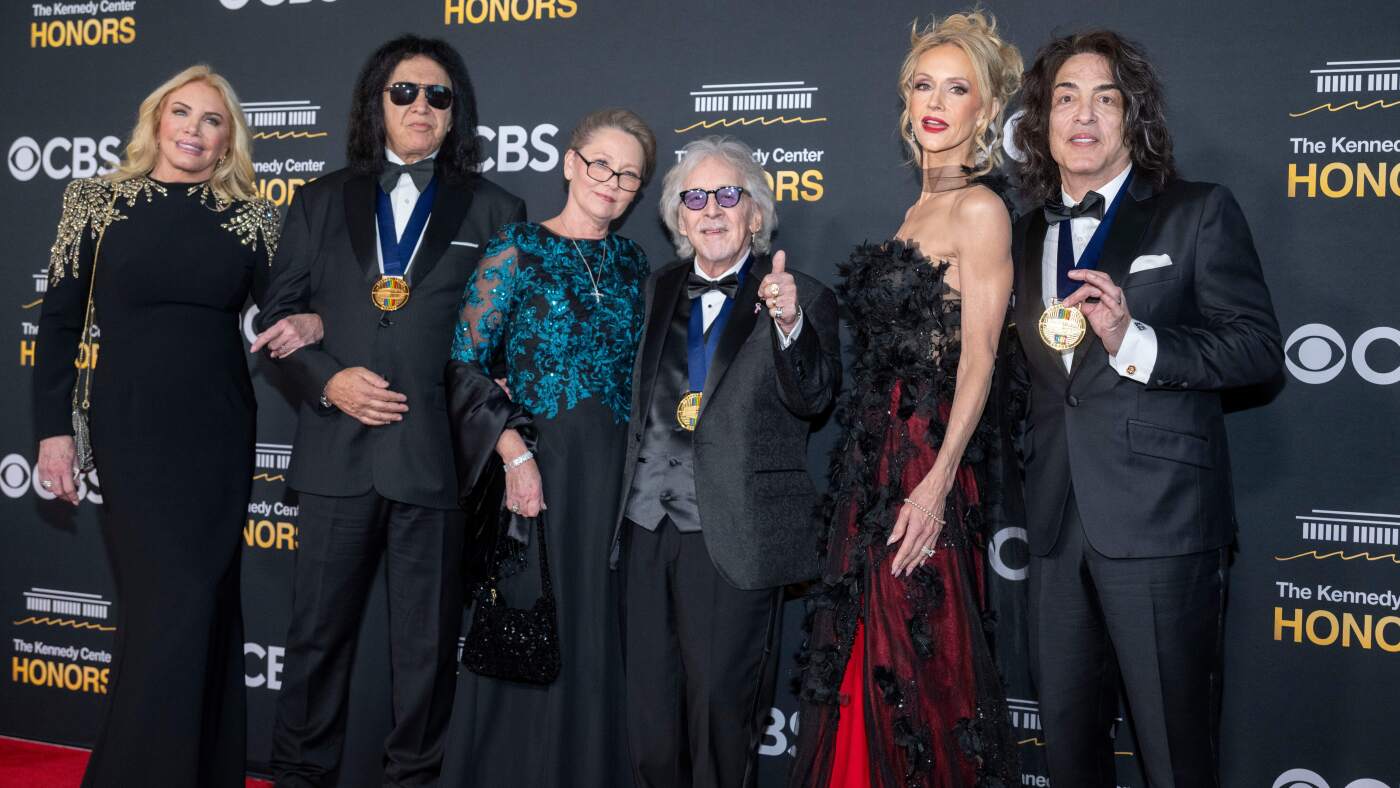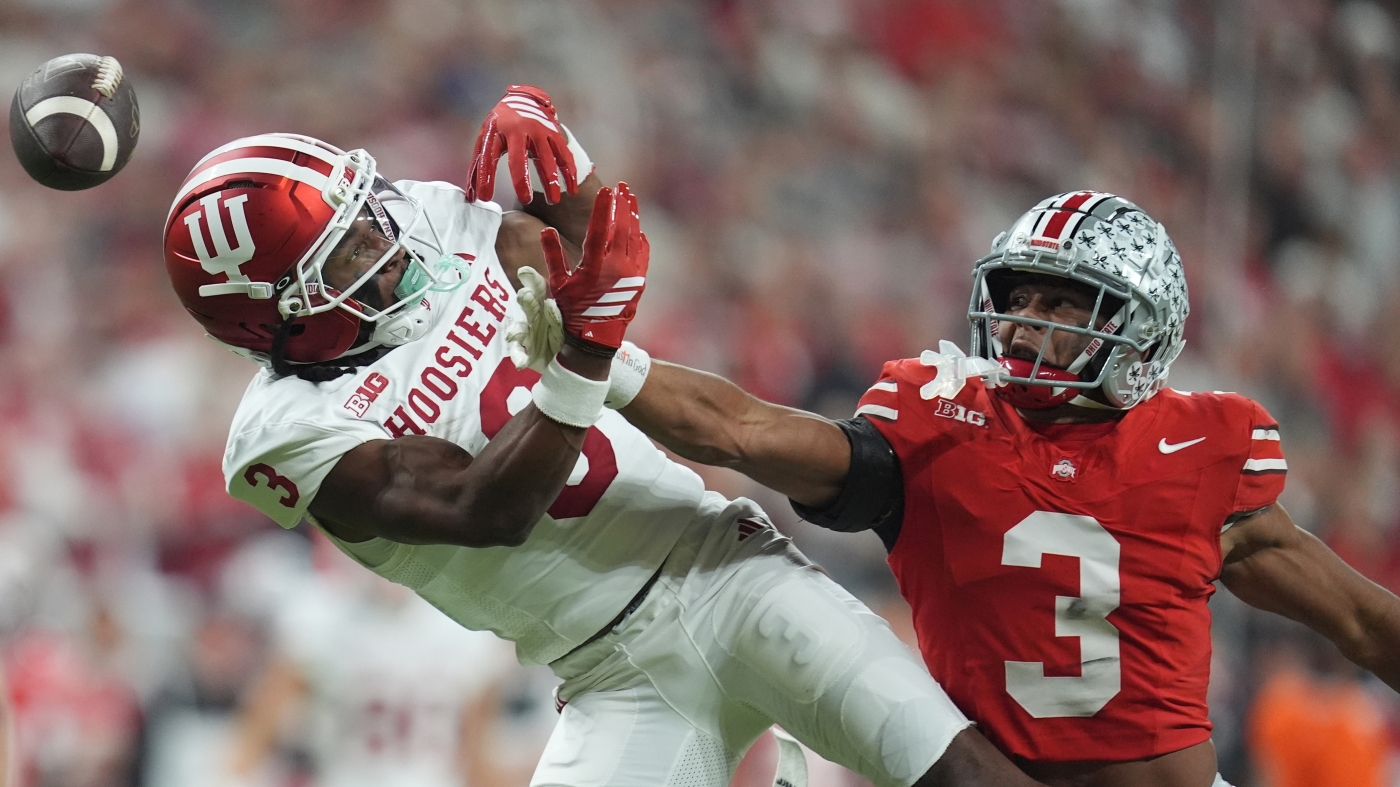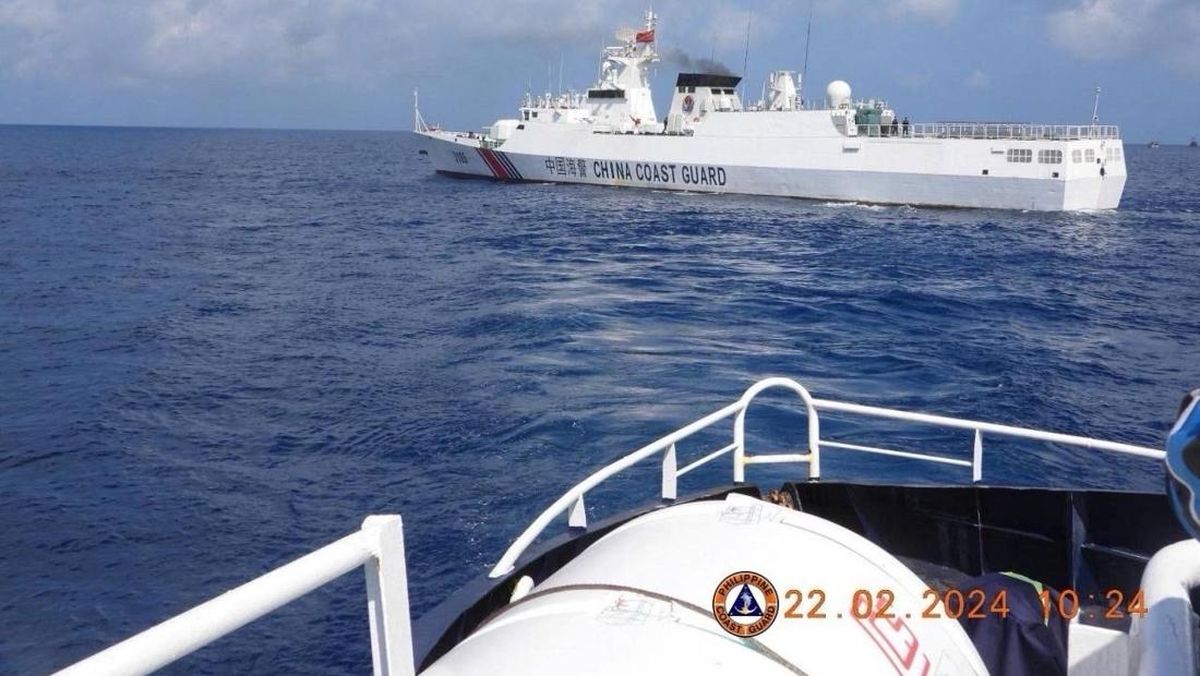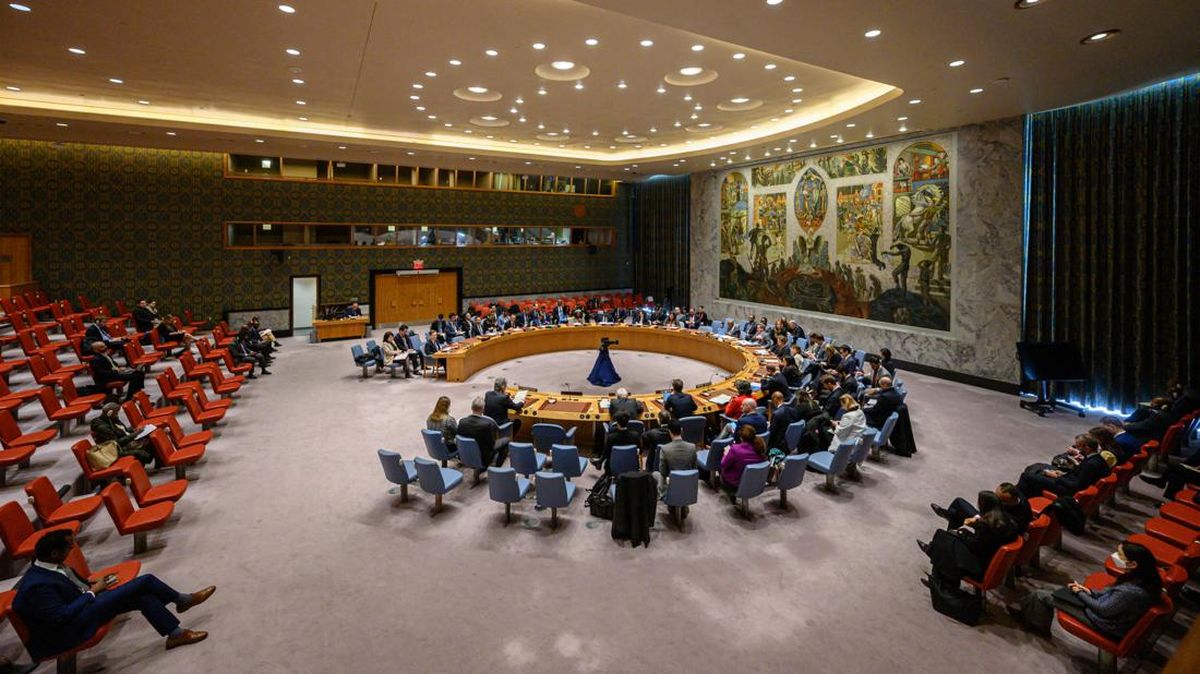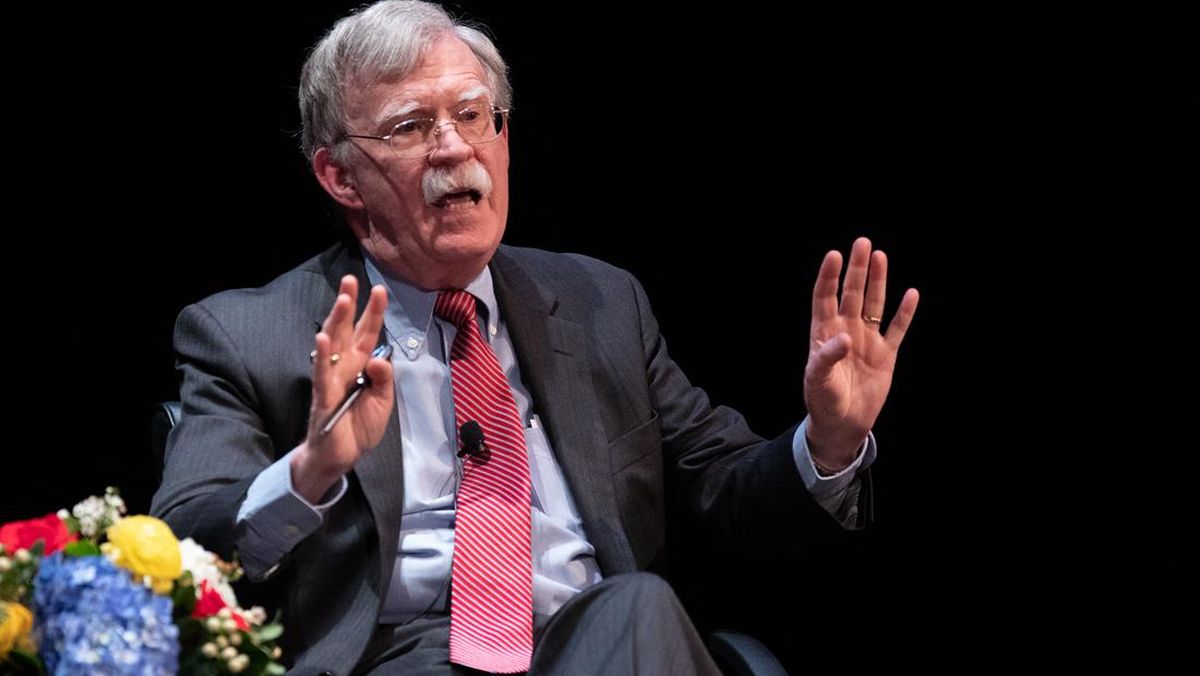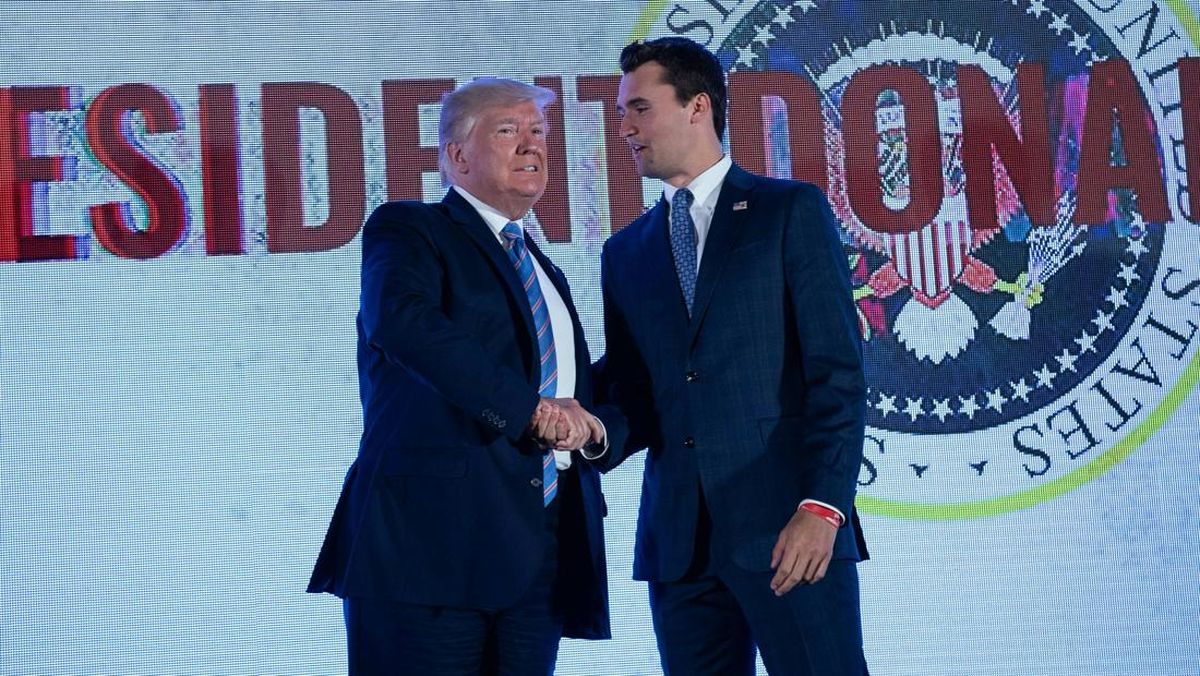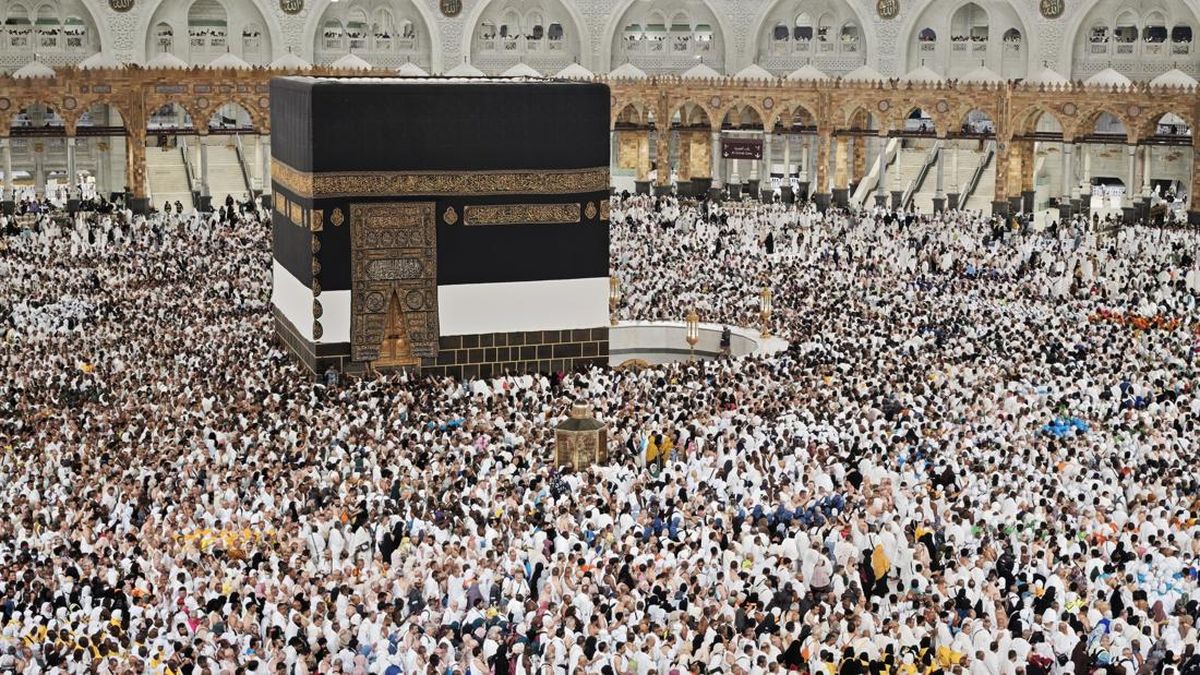Trump to meet Zelenskyy with 2 big issues in focus: security guarantees and land
Audio will be available later today.

Volodymyr Zelenskyy returns to the White House on Monday to meet with President Trump about ending the war between Russia and Ukraine. Above, the Ukrainian president and Trump openly clashed during a meeting in the Oval Office on Feb. 28. Saul Loeb/AFP via Getty Images hide caption
toggle caption
Saul Loeb/AFP via Getty Images
WASHINGTON, D.C. — President Trump is hosting Ukraine President Volodymyr Zelenskyy at the White House on Monday. But he won't be alone.
Joining him will be several key European leaders, including European Commission President Ursula Von der Leyen, French President Emmanuel Macron and the NATO secretary general, Mark Rutte, in what is being seen as a united front to prevent Trump from pressuring Zelenskyy into an unfair agreement to end the war with Russia.
"We continue our cooperation to achieve a just peace that respects Ukraine & Europe's vital security interests," von der Leyen wrote in a statement via Twitter on Sunday.
There are big issues that Europe wants to ensure they have a voice on — especially after Zelenskyy was not invited to last week's summit in Alaska with Russian President Vladimir Putin.
One big issue is the idea of a "land swap" — which is something that Zelenskyy has already said he will not do. The other is security guarantees to prevent Russia from invading again.
The last time Zelenskyy was in the Oval Office was a disaster. During that February meeting, the Ukrainian leader was lectured by Trump and Vice President JD Vance.
He will return to the White House amid new questions about Trump's positions on the war, which shifted after he met with Putin.
Prior to the summit in Alaska, Trump repeatedly said he wanted a ceasefire and that if he didn't get one, there would be serious consequences for Russia.

President Trump greets Russia's President Vladimir Putin on Aug. 15 at Joint Base Elmendorf-Richardson, Alaska. Julia Demaree Nikhinson/AP hide caption
toggle caption
Julia Demaree Nikhinson/AP
No ceasefire was announced in Alaska. Instead, Trump is advocating against a ceasefire, which is Putin's preferred position.
"It was determined by all that the best way to end the horrific war between Russia and Ukraine is to go directly to a Peace Agreement, which would end the war, and not a mere Ceasefire Agreement, which often times do not hold up," Trump wrote on his social media website, Truth Social.
Europe's stake in the talks
The Trump administration is pushing back against the idea that European leaders are coming to prevent Trump for forcing Putin's positions on Ukraine.
"That's not true," said Secretary of State Marco Rubio in an interview Sunday on CBS's Face the Nation. "They're not coming here tomorrow to keep Zelenskyy from being bullied. They're coming here tomorrow because we've been working with the Europeans."
He emphasized that the Europeans were invited because enough progress has been made to justify moving to the next phase of discussions.
"I'm not saying we're on the verge of a peace deal, but I am saying that we saw movement," Rubio added. "Enough movement to justify a follow-up meeting with Zelenskyy and the Europeans, enough movement for us to dedicate even more time to this."
Trump's special envoy, Steve Witkoff, said on CNN's State of the Union, that the U.S. is working on concessions from Russia that — in his words — would be "game changing."
"We were able to win the following concession that the United States could offer Article 5 like protection, which is one of the real reasons why Ukraine wants to be in NATO," Witkoff said, referring to NATO's collective defense clause. Witkoff said it was the first time U.S. officials had heard Russia agree to this before.
To be sure, Russia has not said this publicly. But it would signal a significant shift on part of the Trump administration.
Trump has long said it's up to Europe to provide Ukraine with long-term security guarantees.

 3 months ago
47
3 months ago
47







